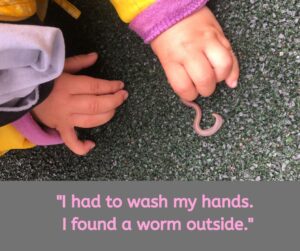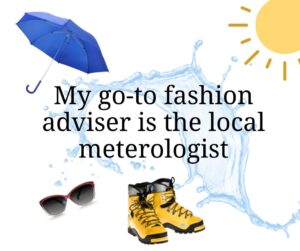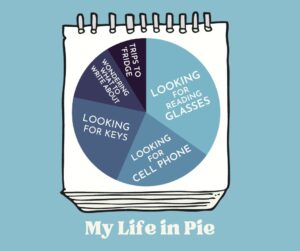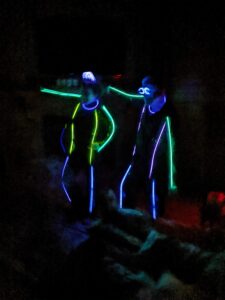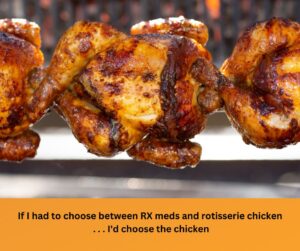I love dishes. I realize some people do not love dishes and cannot relate.
I urge you to seek help.
Because dishes nearly always come with history and stories, it can take me 10 minutes to tell a story about one plate before putting it on the table.
The last time I used our wedding china, it took me six hours to set the table.
One of my favorite dishes is an old platter that my dad remembered his mother using when he was a boy. There was a fire in the summer kitchen one year and the platter was one of the few items that survived. Some might think a platter that old and special should sit on a shelf the rest of its life, but I keep it in the rotation with a few other platters. It is a testimony to survival that should be in the company of others, not alone on a shelf somewhere.
 My fondness for dishes is magnetic. I don’t even have to look for them; they find me. I once bumped into an old bushel basket in my in-laws’ hayloft. It was stuffed with ruby red plates, cups, drinking glasses and footed pudding bowls wrapped in old newspapers. I asked my mother-in-law about the beauties and she said her mother used them when she hosted card parties. She also said I should take them.
My fondness for dishes is magnetic. I don’t even have to look for them; they find me. I once bumped into an old bushel basket in my in-laws’ hayloft. It was stuffed with ruby red plates, cups, drinking glasses and footed pudding bowls wrapped in old newspapers. I asked my mother-in-law about the beauties and she said her mother used them when she hosted card parties. She also said I should take them.
The bushel basket was already sitting next to the car.
Years ago, credit card bills used to come by mail with inserts featuring discount deals on jewelry, watches and dishware. One day, my father-in-law, most at home with paper plates and fast-food wrappers, walks in the house, sets a box on the kitchen counter and says, ” I bought you eight long-stemmed crystal glasses because I have a lot of good meals here.”
I tried to use them whenever he came, and I think he enjoyed that.
When our youngest was in fourth grade, I set a pretty table for her birthday party, including the crystal. As her little friends seated around the table sang “Happy Birthday,” she began singing along. She sang with such gusto that her arms were soon swinging, directing others. Signaling a crescendo for the grand finish with a swoop of her arm, she knocked one of the crystal goblets to the floor.
And then there were seven.
When our twin grandbabies began walking, they were fascinated with the doors to the sideboard that held the crystal goblets. One day I heard a clinking noise, peeked into the dining room and saw one of the twins holding a crystal goblet. Just as my eyes landed on her, her eyes landed on me. She sped off, clutching a crystal goblet in her fat little hand. She glanced over her shoulder, saw me gaining on her and pitched the crystal.
Crystal does not do well when it hits a tile floor.
And then there were six. We’ve held steady at six goblets for some time now and remember the other two fondly.
Dishes were made to be used—old ones, new ones, irreplaceable ones.
I’d rather have a dish chipped and cracked, passed around a table, than have it basking in perfection sitting on a shelf.
I’d rather a dish know joy, robust singing and running from Grandma than be tucked into the shadowy corners of a cabinet.
If a dish is broken because it was in use, that means it lived a good life and died a good death.

